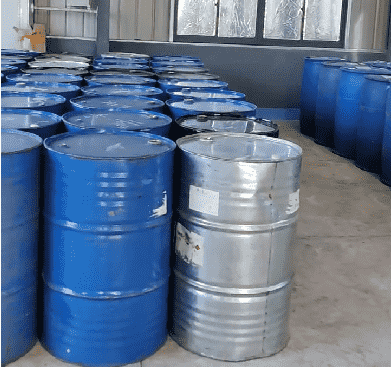What is the water-based acrylic resin in the pressure sensitive adhesive?
Water-based acrylic resin is generally divided into water-based emulsion type acrylic resin and water-based solid acrylic resin.
Water-based emulsion acrylic resin, generally can be seen are water-based emulsion-type acrylic resin, that is, the acrylic emulsion is often said. It’s an emulsion acrylic resin. This kind of product does not take methyl acrylate monomer down reaction, so this kind of resin polymerization is certainly a lower glass temperature than solid acrylic resin. They have lower TG, so some substrate (soft) applications are not comparable to other solid acrylics. In particular, paper, leather, and other soft substrates are the best embodiment.
When they are benzene, vinegar also became a benzene acrylic emulsion, vinegar acrylic emulsion is also often seen as styrene acrylic emulsion, vinegar acrylic emulsion, and pure acrylic emulsion. In fact, it just refers to the addition of styrene, ethylene acetate, and other monomers in emulsion polymerization, so that they have other properties. And with a simple acrylate down the reaction is called pure acrylic resin, also called pure acrylic emulsion. The other biggest use of these resins is in architectural coatings, which account for a large share of the market.

Water-based solid acrylic resin, this kind of resin our domestic development is slower. In my own small opinion, haven’t seen domestic enterprises in the production, this kind of resin is mainly in Germany, South Korea, Japan, Taiwan, and a few other countries in the production, their current application is paper glazing oil and printing ink. There are other uses waiting to be developed.

Leave a Reply
Want to join the discussion?Feel free to contribute!